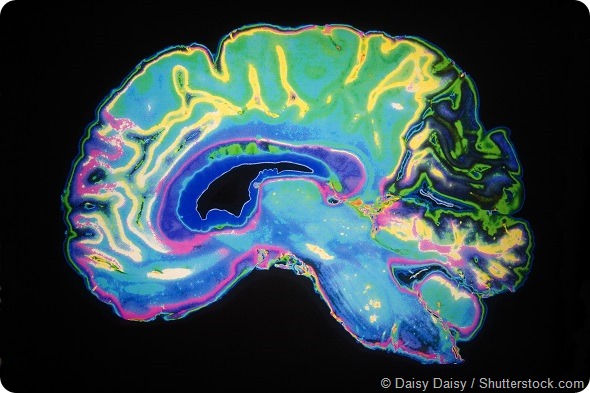Scientists in Florida have discovered a new protein that is needed for normal forgetting by the human brain. It appears that forgetting is a critical part of the normal management of memories. Identifying the protein essential to this normal forgetting may help researchers to gain further insight into how the human memory works.

A new study conducted at the Scripps Research Institute showed that a protein called 'Scribble' is responsible for the initiating intracellular signaling processes required for forgetting. It forms a link between two key neural pathways to form a single pathway that is responsive to stimuli acting at various steps of the two component pathways.
Ron Davis, chair of the Department of Neuroscience at The Scripps Research Institute, Florida explained "What Scribble does is combine the Rac1 and dopamine pathways together into a single dynamic pathway that controls active forgetting. It orchestrates a series of molecules that are involved in this particular forgetting pathway, and there may well be others we have yet to discover.”
The research was carried out in the common fruit fly, called Drosophila. This simple creature provides a critical model for studying memory and it has been found to be highly applicable to humans. Flies that have been genetically modified so that they no longer produce the Scribble protein were shown to remember twice as much as the flies with normal levels of the Scribble protein.
Further investigations revealed that the Scribble protein played a crucial role in enabling the fly brain to forget. It regulates memory through involvement in a neural forgetting pathway. The flies with no Scribble protein were thus remembering more since they were no longer able to forget at the normal rate.
This latest research highlights an important biological process that has previously been overlooked.
Ron Davis commented that “Understanding the process of forgetting could have an enormous impact on how we treat a whole range of diseases. Certain memories are intrusive and, with sufficient knowledge of how the brain forgets, we should be able to remove selective memories. Alternatively, we could find a way to inhibit forgetting in those suffering from memory disorders such as Alzheimer’s disease.”
Sources